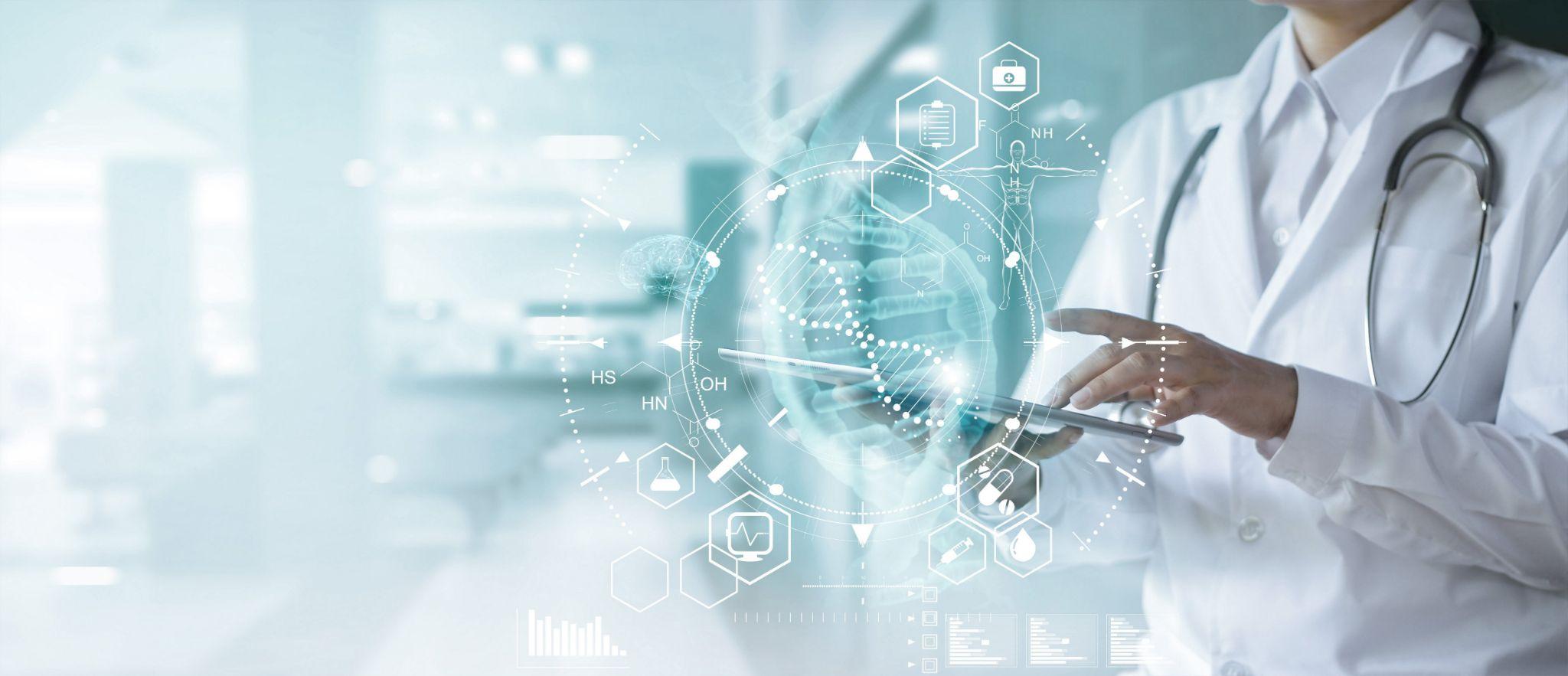



Today's healthcare industry is not what it was even five years ago. This is largely due to medical technology innovations and the large number of innovative medtech solutions that are introduced on a daily basis. Many technological solutions to various problems in the world of medicine have been proposed, and these have significantly changed and improved the medical industry.
Many advances in data collection, treatments, research, and medical devices such as hearing aids have had a significant impact on the world of medicine. Today, thanks to advancements in technology, there is a better and more accessible treatment for a wide range of diseases, as well as better and more efficient care for the sick, as well as improved health care and disease control. This article shares with readers some of the updates in medical technology in Singapore and the region.
3D printing technology has evolved largely. It is now used for bone replacements as well as in the case of certain internal organs. These artificial organs and bones can then be implanted in the patient's body to replace diseased or problematic areas. Surgeons are also utilising 3D printing technology to gain a better understanding of what is going on inside the bodies of their patients. A 3D model allows a surgeon to take a closer look at the problem and simulate a variety of solutions or possible operations that can be performed prior to performing the actual surgery on the patient.
Similarly, 3D printing has transformed prosthetics. Getting a customised prosthetic hand or leg is much less expensive with a 3D printer. Instead of having to go out and get a new prosthetic hand fitted every year, it is now possible to custom print prosthetic hands, for example, for a child who needs different models as they grow. Furthermore, with the massive advancements being made in the 3D printing industry, the costs associated with this technology are decreasing on a daily basis.
Right now, big data is a huge deal. Not just in the medical and healthcare, but also in most industries, data is the nerve centre now. There is a massive amount of data available that, when analysed, can provide significant insights into the overall state of the healthcare industry. Doctors, for example, can make more accurate diagnoses and recommend better treatments by studying patient treatment histories.
Doctors and nurses now use handheld devices to record real-time data from patients and instantly update their medical history. This results in enhanced accuracy and efficiency in terms of diagnoses and treatments. The centralisation of critical patient data and lab results has significantly improved healthcare quality.
Moving around can be extremely difficult for some patients. Recurring hospital visits can also have a financial impact. Patients can easily access and consult a doctor from the comfort of their own homes thanks to remote monitoring technology. This helps to save time as well as money for both parties. The doctor can remotely monitor a specific issue, such as blood pressure levels, and thus avoid the need for a hospital visit. This technology has been especially beneficial to pacemaker patients.
Technology has significantly altered how medical experiments are carried out. Experiments now can be completed in months or even weeks as compared to the waiting period of many years in the past. This is because it is now possible to simulate human reactions to a specific drug rather than relying solely on human volunteers. Chimp adenoviruses, which are closely related to human versions, have revolutionised the rate of experimentation. The Ebola outbreak demonstrated that experiments could be significantly accelerated. Fearing a global outbreak and the need for rapid containment, researchers thought outside the box and devised innovative solutions that resulted in the Ebola vaccine in record time.
Personal health can now be monitored using today's cutting-edge apps. You can count calories, track your sleep patterns, monitor your heart rate, and even consult a doctor remotely. There are social media apps for doctors to interact with and apps that connect patients to doctors. It would be an understatement to say that apps are rapidly changing the healthcare industry.
Today's treatments are better and more widely available than at any other time in history. This is primarily due to technological advancements. These same innovations have enabled the exploration and research of newer and more effective treatment options, so the healthcare industry is making strides toward greater effectiveness every day.